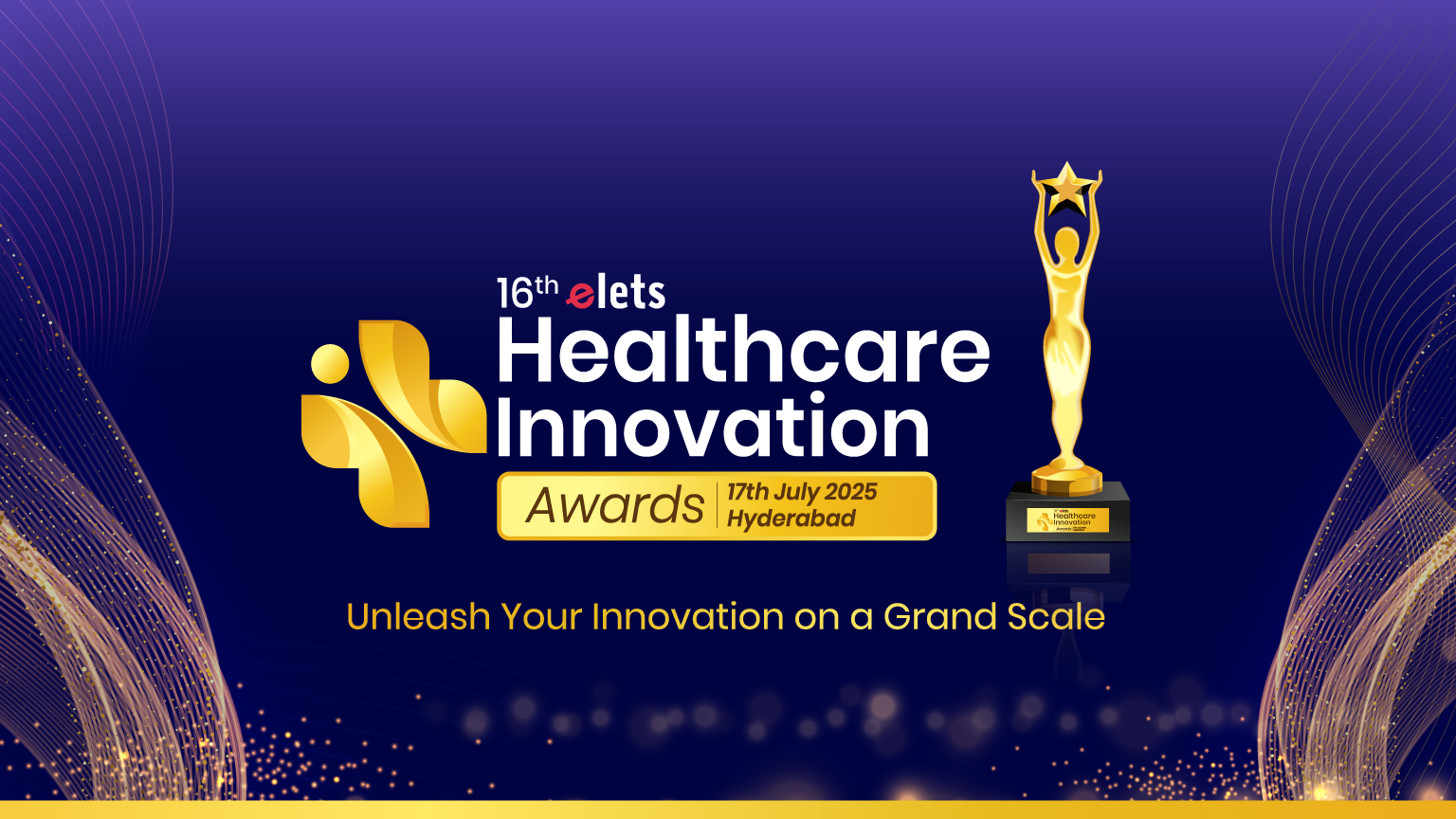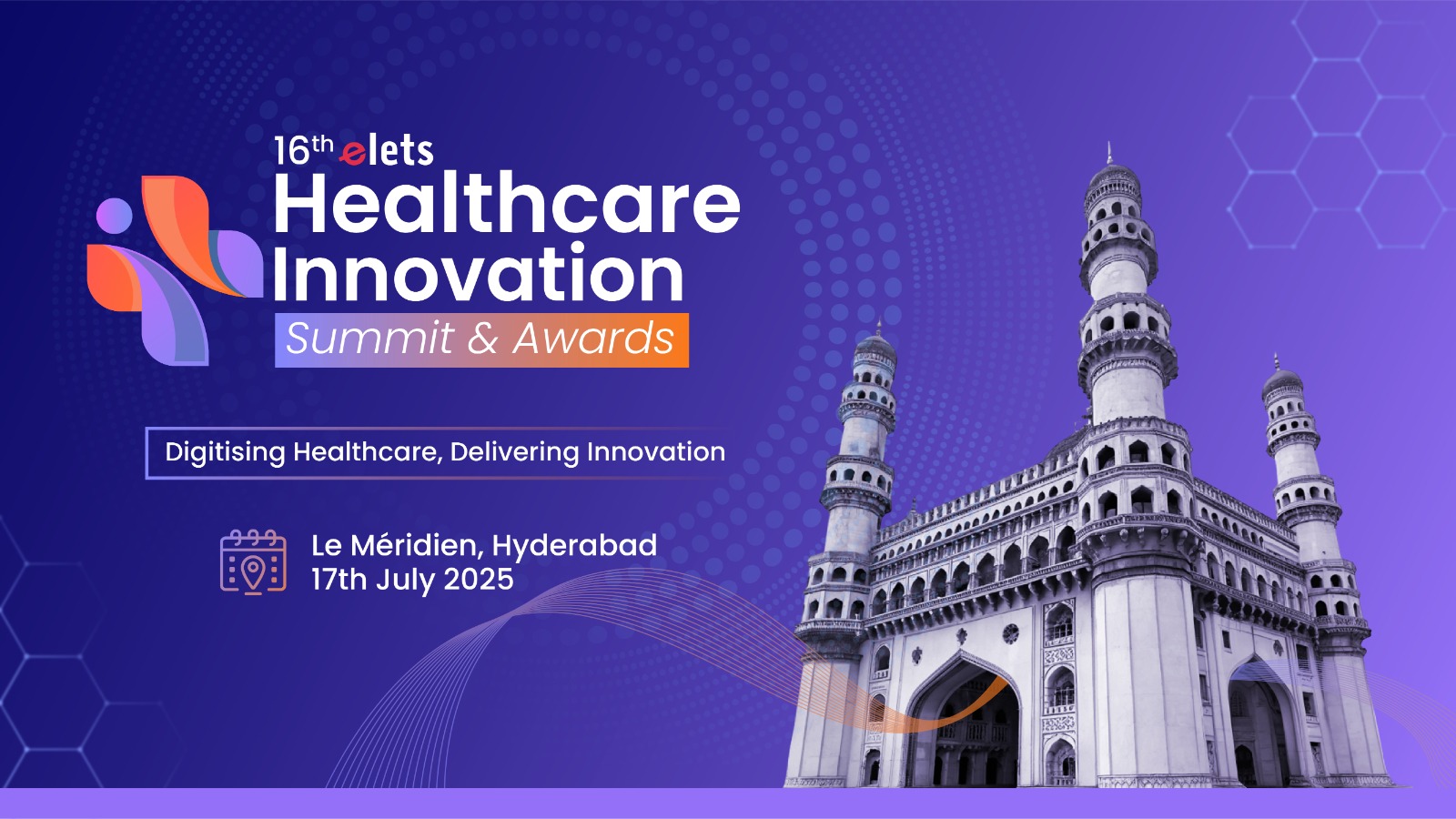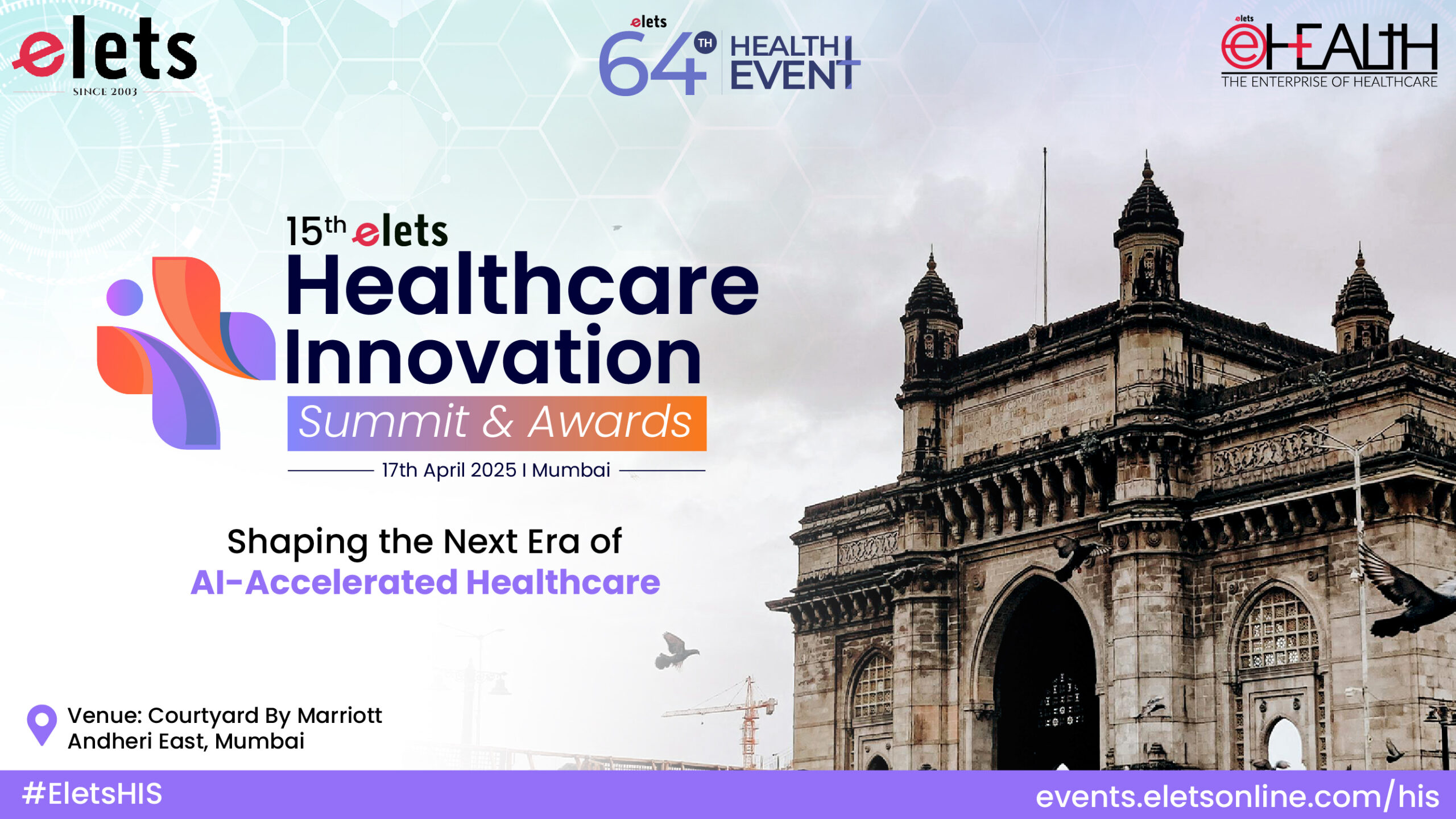
Epilepsy ranks as the second most prevalent neurological disorder in India, surpassed only by headaches. Current estimates suggest that over 10 million individuals in India are affected by epilepsy, with prevalence rates ranging from 3.0 to 11.9 per 1,000 population (1). Notably, the prevalence is higher in rural areas (1.9%) compared to urban settings (0.6%) (2). While antiepileptic drugs (AEDs) effectively manage seizures in many patients, approximately 20-30% of individuals with epilepsy in India experience drug-resistant epilepsy (DRE), necessitating alternative therapeutic strategies (3). The challenges associated with epilepsy in India are further compounded by a significant treatment gap, which varies from 22% in urban middle-income populations to as high as 90% in rural communities. This gap is influenced by factors such as economic constraints, social stigma, cultural beliefs, and limited access to healthcare resources (4).
Addressing these multifaceted challenges requires a comprehensive approach that includes improving healthcare infrastructure, increasing public awareness, and implementing targeted interventions to reduce the treatment gap and enhance the quality of life for individuals with epilepsy in India.

Innovations Transforming Epilepsy Treatment
The landscape of epilepsy treatment in India has been evolving with cutting-edge technological advancements and innovative treatment modalities. Some of the groundbreaking interventions revolutionizing epilepsy care:

1. Neuro-Robotic Treatment
Neuro-robotic systems assist neurosurgeons in performing precision-based interventions for epilepsy, minimizing surgical risks and enhancing patient outcomes.

2. Deep Brain Stimulation (DBS)
DBS involves implanting electrodes in specific brain regions to modulate neural activity and reduce seizure frequency in patients with drug-resistant epilepsy. This minimally invasive technique is gaining traction in India as a viable alternative for refractory epilepsy cases.

3. Corpus Callosotomy
A surgical procedure where the corpus callosum, which connects the brain’s two hemispheres, is severed to prevent the spread of seizures. It is particularly beneficial for patients with generalized epilepsy that does not respond to medication.
4. Vagus Nerve Stimulation (VNS)
VNS therapy involves implanting a device that delivers electrical impulses to the vagus nerve, helping to control seizures. This has emerged as a promising option for patients unresponsive to conventional treatments.
5. Stereo-EEG (sEEG)
sEEG is an advanced neuroimaging technique used for epilepsy surgery planning. It helps in precise seizure localization, enabling targeted surgical interventions to improve patient outcomes.
Industry Leaders Driving Epilepsy Treatment Innovation
Several Indian and global pharmaceutical and medtech companies are at the forefront of pioneering new solutions for epilepsy management. Some of the organisations leveraging research, innovation, and advanced technology to address the growing burden of epilepsy in India are:
- Cadila Healthcare (Zydus Cadila)
A leader in the Indian pharmaceutical space, Zydus Cadila has developed various antiepileptic drugs (AEDs), including Levipil (Levetiracetam) and Oxetol (Oxcarbazepine), and continues research into newer formulations for epilepsy management. - Biocon
Actively working in the biopharmaceutical sector, exploring novel therapies and biosimilars that could potentially aid in the treatment of neurological disorders, including epilepsy. - Sun Pharmaceutical Industries
Sun Pharma has an extensive portfolio of generic AEDs, such as Eptoin (Phenytoin Sodium) and Valprol (Sodium Valproate), and is investing in research to enhance the efficacy and accessibility of epilepsy medications in India. - Glenmark Pharmaceuticals
Glenmark is at the forefront of developing innovative epilepsy treatments, including Zonisep (Zonisamide), a novel formulation that improves drug delivery and patient compliance. - Lupin Pharmaceuticals
Lupin has made significant contributions to the epilepsy drug market with its Lamez (Lamotrigine) tablets, focusing on patient-centric solutions for better seizure management. - Medtronic India
A global medical technology leader, Medtronic has introduced advanced neuromodulation devices such as Deep Brain Stimulation (DBS) and Vagus Nerve Stimulation (VNS), which are transforming epilepsy treatment in India. - Novartis India
Novartis has been instrumental in developing high-quality epilepsy drugs like Tegretol (Carbamazepine) and continues to enhance treatment accessibility through innovative healthcare initiatives. - Tricog Health
An AI-driven healthcare company, Tricog Health is exploring ways to integrate artificial intelligence into epilepsy diagnosis and management, potentially improving early detection and treatment outcomes. - Eisai Pharmaceuticals
Eisai has a strong focus on epilepsy treatments and has launched various AEDs, including Fycompa (Perampanel) and Inovelon (Rufinamide), to cater to the growing demand for effective seizure control therapies in India. - Sutro Biopharma
While globally known for its biopharmaceutical innovations, Sutro Biopharma collaborates with Indian healthcare firms and research institutes to explore new therapeutic approaches for epilepsy, focusing on next-generation biologics and precision medicine approaches.
Also Read :- Bridging the Workplace Gap: Strengthening Cancer Support for Employees
The Road Ahead: Advancing Epilepsy Treatment in India
As India progresses in epilepsy management, key strategic areas include:
- Expansion of access to advanced neuromodulation therapies such as Deep Brain Stimulation (DBS), Vagus Nerve Stimulation (VNS), and robotic-assisted epilepsy surgery. These interventions offer precision-targeted modulation of neural circuits, mitigating seizure frequency in drug-resistant epilepsy (DRE) cases.
- Integration of artificial intelligence (AI) and digital health ecosystems to enhance early detection, differential diagnosis, and individualized treatment regimens. AI-driven predictive analytics, coupled with machine learning algorithms, facilitate real-time seizure monitoring, neuroimaging analysis, and personalized pharmacotherapy adjustments.
- Augmenting public-private collaborations to accelerate translational research in neurotherapeutics, fostering the development of next-generation antiepileptic drugs (AEDs), gene therapy applications, and neuroprotective interventions. These partnerships can optimize clinical trials, regulatory approvals, and commercialization pathways for novel treatment modalities.
- Scaling up patient-centric education and awareness programs to combat social stigma, promote adherence to precision medicine strategies, and encourage timely intervention through multidisciplinary epilepsy care models.
With sustained innovation and synergistic efforts between biopharmaceutical leaders, medtech pioneers, public policy experts, and healthcare providers, India’s epilepsy treatment paradigm is poised for transformative breakthroughs, improving patient outcomes and advancing neurocare excellence.
References:
- Mani, K. S., Rangan, G., Srinivas, H. V., Kalyanasundaram, S., & Narendran, S. (2015). The epilepsy treatment gap in India: A population-based study. Epilepsy Research, 117, 81–90. https://pubmed.ncbi.nlm.nih.gov/26425001/
- Radhakrishnan, K., Pandian, J. D., Santhoshkumar, T., Thomas, S. V., Deetha, T. D., Sarma, P. S., & Mohamed, E. (2000). Prevalence, knowledge, attitude, and practice of epilepsy in Kerala, South India. Epilepsia, 41(8), 1027–1035. https://pmc.ncbi.nlm.nih.gov/articles/PMC4001222/
- Thomas, S. V., & Nair, A. (2011). Confronting the stigma of epilepsy. Annals of Indian Academy of Neurology, 14(3), 158–163. https://pmc.ncbi.nlm.nih.gov/articles/PMC4001222/
Gourie-Devi, M., Gururaj, G., Satishchandra, P., & Subbakrishna, D. K. (2013). Prevalence of neurological disorders in Bangalore, India: A community-based study with a focus on epilepsy. Journal of Neurology, Neurosurgery & Psychiatry, 84(10), 1138–1142. https://pmc.ncbi.nlm.nih.gov/articles/PMC4001222/
Be a part of Elets Collaborative Initiatives. Join Us for Upcoming Events and explore business opportunities. Like us on Facebook , connect with us on LinkedIn and follow us on Twitter , Instagram.
"Exciting news! Elets technomedia is now on WhatsApp Channels Subscribe today by clicking the link and stay updated with the latest insights!" Click here!
















